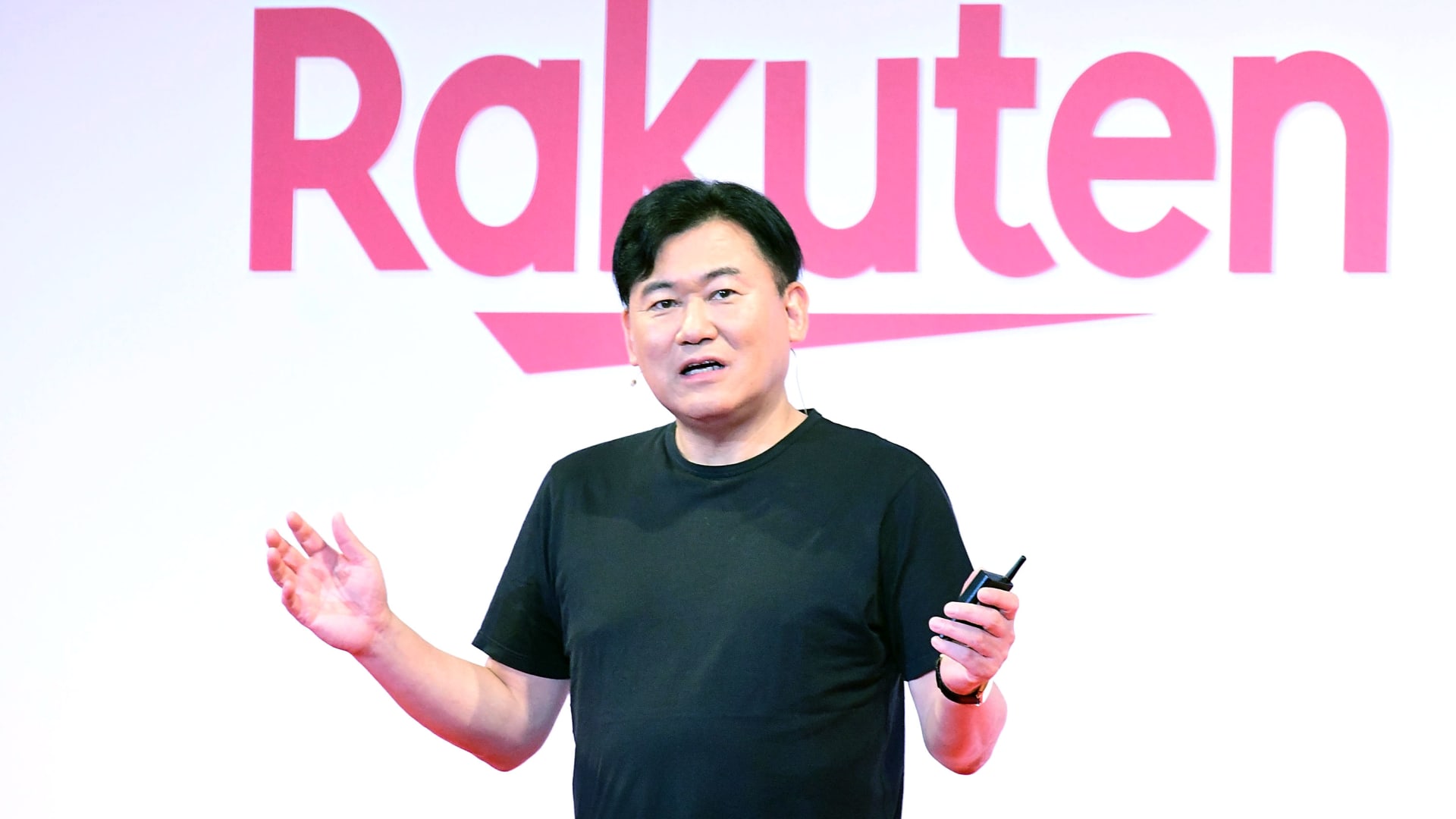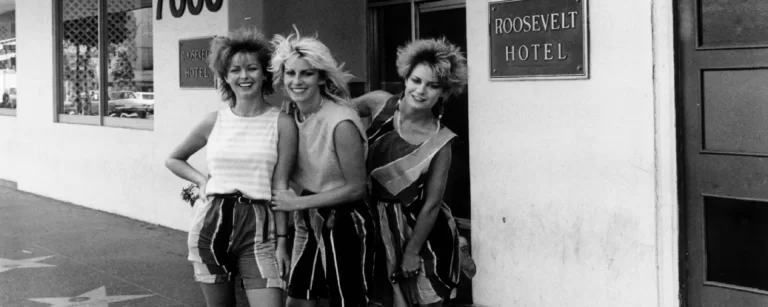Rakuten and German telco 1&1 on Friday launched a mobile network based on a new type of architecture as the Japanese giant looks to boost its loss-making mobile division amid mounting debts.
The two companies said that it is Europe’s first “first fully virtualized 5G network based on the new Open RAN technology.” RAN stands for radio access network. Rakuten provides the technology while 1&1, Germany’s fourth-largest telecommunication player, will operate the network.
5G refers to next-generation mobile internet that promises super-fast speeds. Open RAN is a new type of architecture for mobile networks. Traditional networks are made up of expensive hardware, such as base stations, usually from one or two providers such as Ericsson, Nokia or Huawei.
Open RAN promises to allow a more diverse set of suppliers for different part of the network. The technology also requires less hardware and runs more on cloud-based software, in theory making it cheaper to operate.
Rakuten through its mobile division, is providing and integrating the technology that 1&1′s network is built on. The 1&1 partnership marks Rakuten’s first full-scale commercial deployment in Europe of its mobile technology. The other one is in its home market of Japan, while it also has other trials going on globally.
“I am sure that every single telecom company are now seriously contemplating to deploy open radio access (network), the question is when and how,” Hiroshi “Mickey” Mikitani, CEO of Rakuten, told CNBC in an interview that aired Monday.
Mikitani said Rakuten will help launch more full-scale commercial Open RAN networks in 2024, but declined to say how many. He said the number of launches will be “single digit.”
Rakuten targets mobile profitability
Rakuten is often compared to Amazon, with its large Japanese e-commerce operation. But it also is strong in financial services. In a bid to add a new business line, Rakuten in 2021 launched Rakuten Symphony, the division leading the Open RAN charge. But since then, its mobile foray has remained unprofitable and debts have mounted at the company.
In the third quarter, revenue in Rakuten’s mobile unit rose 5% year-on-year to 88.7 billion Japanese yen ($615 million). But the company posted losses of 81.2 billion. That is lower than the 117.6 billion loss the division posted in the same period of 2022, sparking hope from the company is moving in the right direction.
However, the mobile business has dragged down Rakuten Group’s overall performance with the company posting 13 straight quarters of operating losses as of the September quarter.
Mikitani told CNBC that he believes mobile will be “one of the most profitable businesses” for Rakuten. The CEO said the number of net subscribers in its mobile businesses is increasing by 200,000 per month.
“I think it’s just a matter of time,” Mikitani said of the mobile businesses path to profitability, although he declined to give a timeline.
“Once you overcome the breakeven point, everything will become your gross profit, which is unlike other businesses,” Mikitani said.
“This is going to be hugely profitable. Within five years, everybody will say, ‘oh my god, that was a genius decision.’ Because our operating costs are a fraction of our competitors. I don’t think they can compete against us because our cost structure is so efficient.”
Debt worries grow
Meanwhile, the company has bonds and borrowings related to its non-financial businesses of 1.7 trillion yen. Reuters estimates 800 billion yen of bonds are due to be redeemed by the end of 2025.
To service the debt, Rakuten has been selling down its stakes in businesses as well as issuing shares to raise money. This week, Rakuten announced it would sell shares in Rakuten Bank, one of its financial services companies, in a move that raised about 60.6 billion yen. This reduced Rakuten’s stake in Rakuten Bank from 63.34% to 49.27%.
Earlier this year, Rakuten Group issued new shares that raised more than 290 billion yen.
When asked if Rakuten can service its debt, Mikitani said: “Of course, no problem at all.”
“Our business is really in a good shape. We cut down the operating costs of Rakuten mobile by 15 billion yen per month … now every single business is growing nicely in terms of top line and also bottom line, we have a very strong confidence from the banks,” Mikitani told CNBC.
“I think we are going to come up with a more creative way of financing and so forth,” Mikitani said about paying off the debt. “So, I have no doubt, no worries at all.”
Source: Consumer News Business Channel







